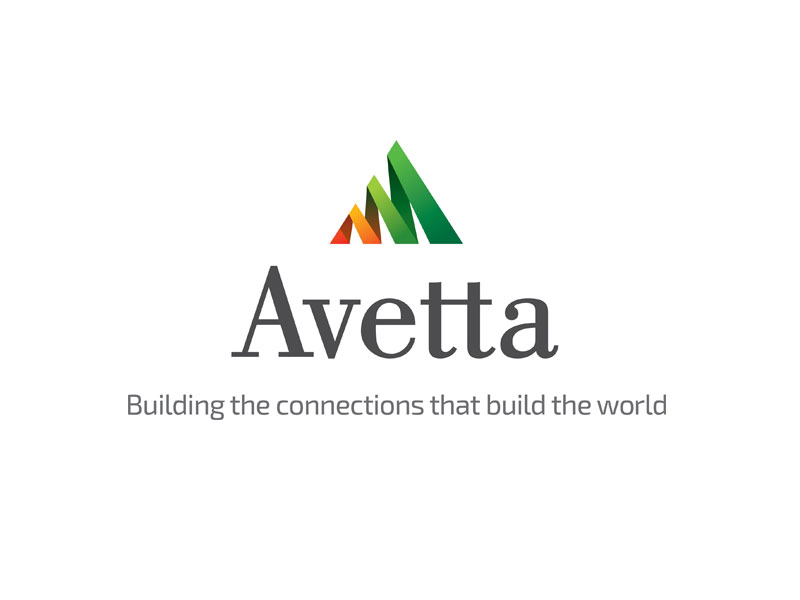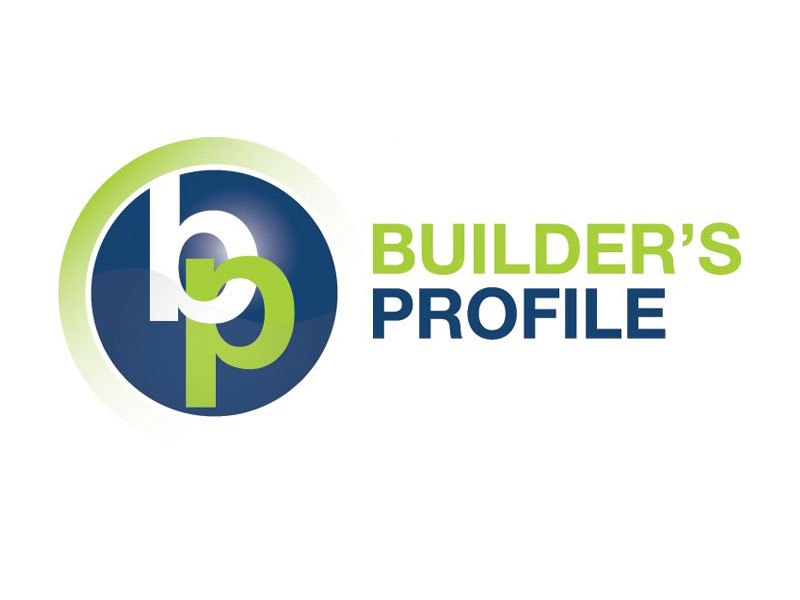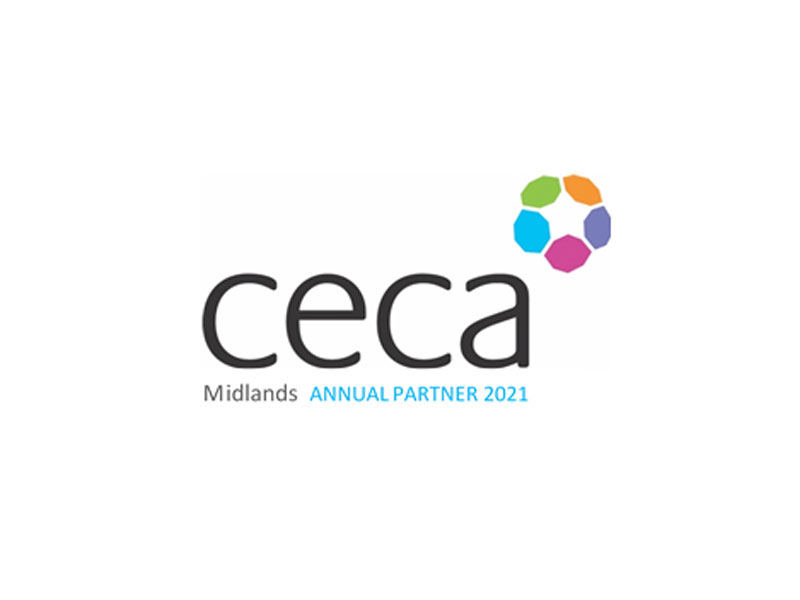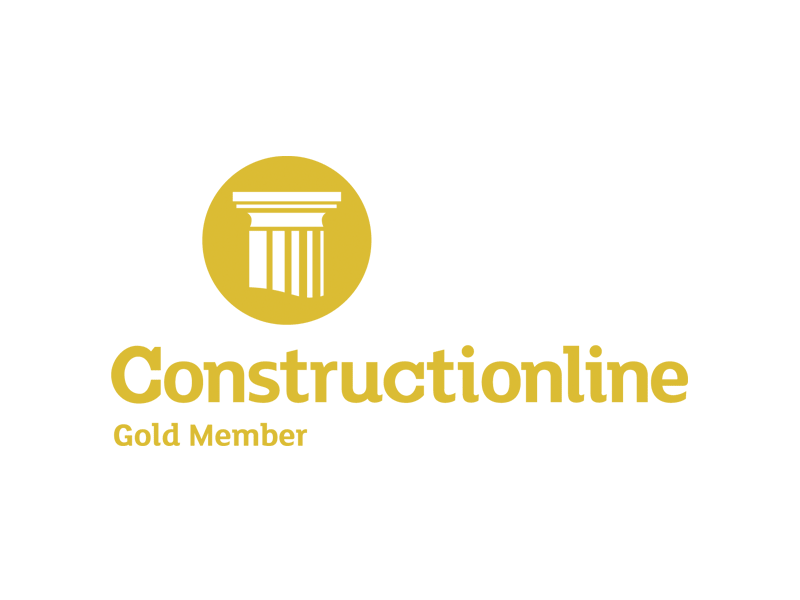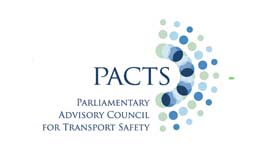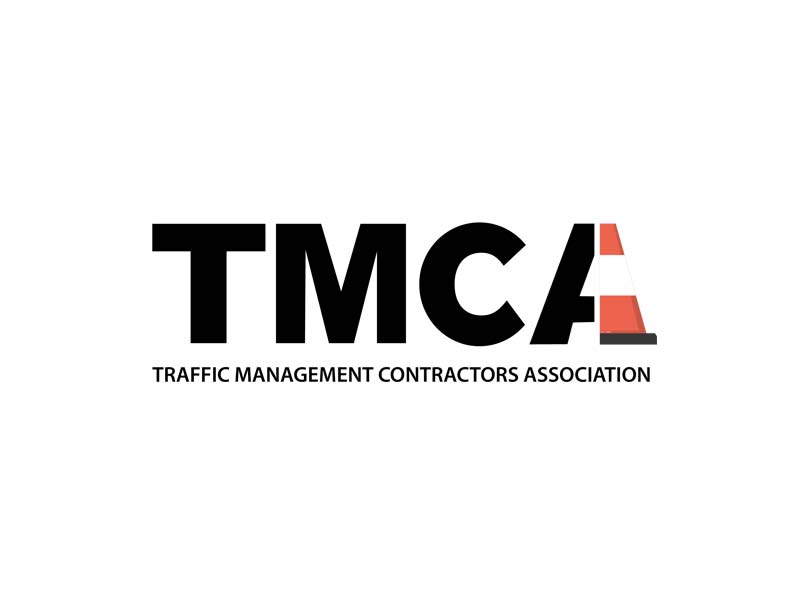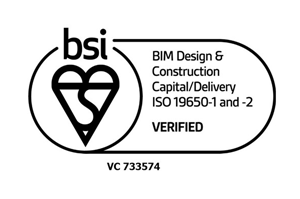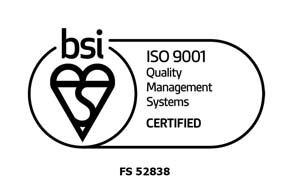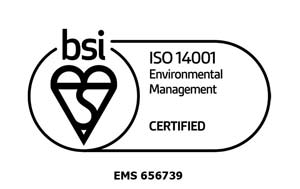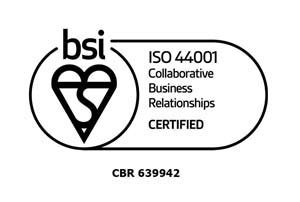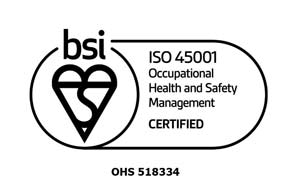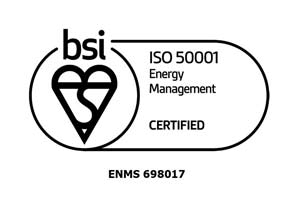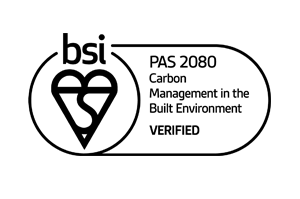Some Tips for Dealing with Debt
Being in debt today is not the same as it was 200 years ago – very few debts can put you in prison. Even so, for far too many of us, our finances are a source of worry, not of security.
So, what can you do if you think you may have a debt problem? Here are a few ideas:
1. It sounds obvious, but most of us do not know exactly how much we spend each month, and on what. Make a full financial statement of your income and what you spend it on.
2. Work out if you really have a problem with debt. Warning signs include hardly ever being in credit with the bank, except for the week after pay-day, not making in-roads into credit card bills, or, of course, spending more each month than you actually earn.
3. Face up to your situation. The worst possible approach is to ignore the problem, hoping that it will go away – that lottery win will probably never happen!
4. Make any savings that are possible. This is different for everyone, but most of us could manage without some of the things which we spend our money on.
5. Do you have any savings which you can use to pay off some of the debt? Many people are reluctant to cash in savings because they like to keep “something for a rainy day”. This is perfectly natural, but remember that you will be spending far more on interest payments on a credit card bill than you would earn on a savings account balance of the same amount.
6. Is there anything you can sell? This need not be as drastic or desperate as it sounds – car boot sales can get rid of unwanted items as well as generate income.
7. Can you borrow more? Often, of course, more borrowing just makes matters worse, but a consolidation loan at a lower rate of interest than you are currently paying on credit cards or a re-mortgage may be the answer. It takes discipline, though, to prevent the debt spiralling out of control.
8. Above all, seek advice. Nothing beats expert help from someone who is qualified in this area.
Useful links
If you can’t pay your bills because of coronavirus ... Citizens Advice









